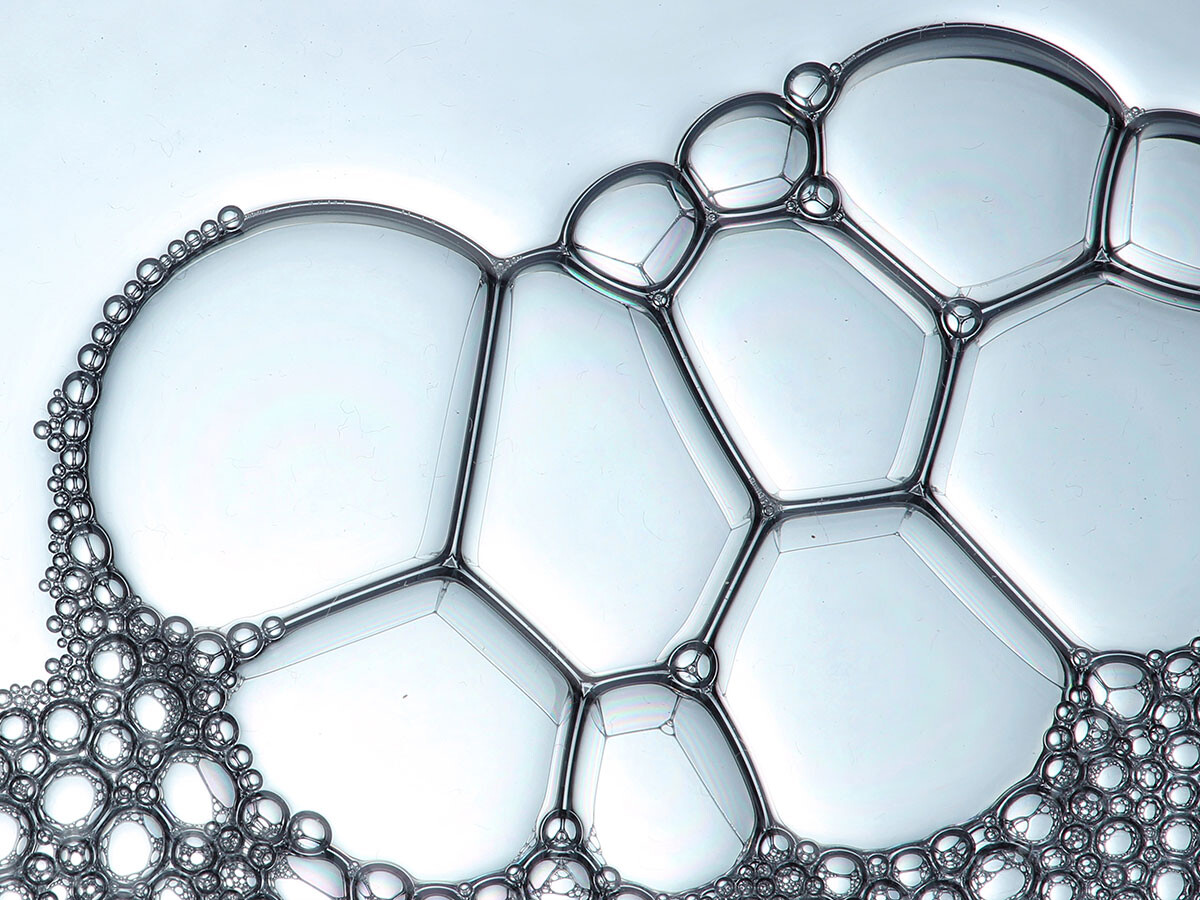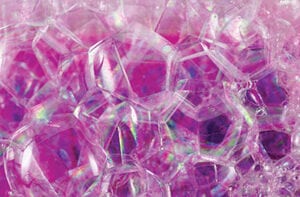Defoamers and Their Impact on Reducing Foam in Liquid Systems
Defoamers and Their Impact on Reducing Foam in Liquid Systems
Blog Article
Discover the Leading Benefits of Making Use Of Defoamers in Industrial Processes
The usage of defoamers in commercial procedures presents a range of compelling advantages that can boost functional efficiency and product high quality. By successfully regulating foam production, these agents not only enhance material flow however additionally add to substantial price reductions and improved sustainability. The implications of embracing defoamers may be a lot more extensive than originally regarded.
Boosted Refine Performance
Maximizing commercial procedures often involves dealing with foaming issues, which can hinder operational effectiveness. Foam formation can disrupt the proper functioning of equipment, reduce the effective utilization of resources, and complicate the tracking of vital specifications. By carrying out defoamers, markets can efficiently mitigate these issues, leading to structured procedures and enhanced productivity.
Defoamers job by destabilizing the foam framework, enabling fast collapse and considerable reduction in foam volume. This activity not just enhances the circulation of products with equipment, such as pipelines, mixers, and reactors, however also minimizes interruptions brought on by foam overflow. Devices downtime is reduced, permitting for an extra efficient and constant manufacturing process.
Furthermore, using defoamers can bring about minimized energy consumption. With less foam to handle, pumps and compressors can operate extra successfully, resulting in lower operational costs and a general improvement in process throughput. Inevitably, the calculated use of defoamers not just addresses instant foaming difficulties however also adds to a more reliable commercial environment, promoting a competitive advantage in a demanding market.
Improved Item High Quality
The combination of defoamers in industrial procedures plays a vital role in enhancing product quality. By efficiently controlling foam development, defoamers add to the consistency and harmony of last products. Too much foam can lead to oygenation, which adversely influences the texture and stability of solutions, particularly in industries such as food and beverages, finishes, and drugs.

In addition, defoamers promote much better blending and diffusion of components, resulting in homogeneity in solutions. This is important in applications where accurate active ingredient proportions are essential for performance and security. In addition, the elimination of foam can reduce the danger of contamination during manufacturing, additional securing item honesty.
Inevitably, by boosting product high quality, defoamers not only enhance customer contentment yet additionally enhance brand name reputation. Their role in keeping premium standards underscores their value in contemporary industrial procedures.
Price Decrease Benefits
Implementing defoamers in commercial processes can lead to substantial expense decrease advantages. By efficiently regulating foam formation, defoamers minimize item loss throughout production, consequently maximizing material use. This reduction in waste translates straight into reduced raw material expenses, boosting general functional efficiency.
Moreover, the usage of defoamers can decrease energy usage. Extreme foam can prevent devices efficiency, bring about boosted power requirements to keep manufacturing levels. By minimizing foam, defoamers assist blog in smoother procedures, enabling equipment to run extra effectively and decreasing power expenditures.

Furthermore, defoamers can reduce processing times. Foam can produce extra obstacles that prolong production cycles. By utilizing defoamers, markets can improve their processes, bring about faster turnaround times and enhanced throughput. This efficiency not only accelerates production but additionally permits business to meet market demands extra promptly.

Environmental Influence Mitigation
In commercial procedures, using defoamers plays a crucial duty in mitigating ecological effects connected with foam generation. Foam can bring about considerable operational inadequacies, causing enhanced exhausts and waste generation. By effectively managing foam, defoamers aid maintain process performance, thereby decreasing the total environmental impact of operations.
Furthermore, too much foam can overflow containment systems, causing spills that might contaminate soil and water resources. Defoamers help minimize this risk by ensuring that lathering does not exceed recommended restrictions, promoting compliance with environmental policies. This aggressive method not only safeguards ecological communities but additionally improves the sustainability of industrial techniques.
Furthermore, making use of defoamers can decrease energy usage in numerous procedures. defoamers. Lowering foam development decreases the demand for extra energy-intensive actions, such as increased frustration or pumping, which may otherwise be required to manage foam. The fostering of defoamers straightens with wider sustainability objectives by advertising energy efficiency while decreasing the carbon footprint of industrial tasks.
Ultimately, incorporating defoamers right into commercial procedures is a strategic procedure that supports ecological stewardship and responsible source management.
Flexibility Throughout Industries
Across numerous sectors, defoamers show exceptional adaptability, adapting to the details needs of varied applications. In the food and drink sector, for instance, defoamers are essential to preserving item quality by preventing foam formation during processing, which can impact appearance and flavor. Likewise, in the pharmaceutical sector, defoamers ensure the security of solutions, improving product efficacy and consistency.
In the chemical manufacturing realm, defoamers assist in smoother procedures by minimizing foam in reaction vessels, therefore enhancing yield and lowering downtime. The paper and pulp market depends on defoamers to find here improve the effectiveness of pulp handling and paper manufacturing, guaranteeing optimal item stability. Additionally, in wastewater therapy facilities, defoamers play an important role in regulating foam during aeration processes, causing better therapy end results.
The flexibility of defoamers includes the oil and gas market, view publisher site where they assist in managing foam in exploration fluids and production processes. By tailoring formulas to satisfy certain industry requirements, defoamers serve as crucial tools that enhance operational efficiency, product quality, and total process efficiency throughout a multitude of sectors. Their adaptability emphasizes their value in modern-day industrial applications.
Final Thought
In verdict, the use of defoamers in industrial procedures provides countless advantages, consisting of improved performance, improved item high quality, substantial price reductions, and favorable environmental impacts. The integration of defoamers stands for a tactical approach to attending to challenges associated with foam monitoring in numerous making settings.
Ultimately, the tactical usage of defoamers not just addresses instant lathering challenges yet additionally contributes to a more effective commercial community, promoting a competitive benefit in a demanding market.
In commercial processes, the use of defoamers plays a vital function in mitigating ecological influences associated with foam generation. By properly managing foam, defoamers help keep procedure performance, therefore decreasing the overall ecological impact of procedures.
In addition, in wastewater therapy facilities, defoamers play a crucial duty in managing foam throughout aeration procedures, leading to enhanced treatment outcomes.

Report this page